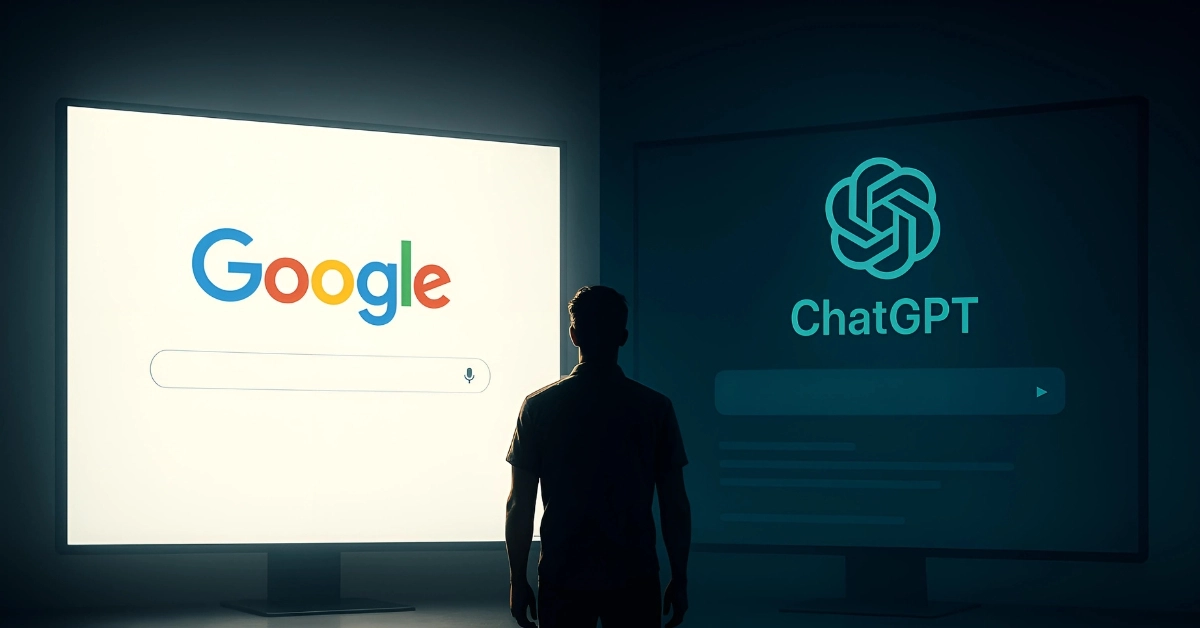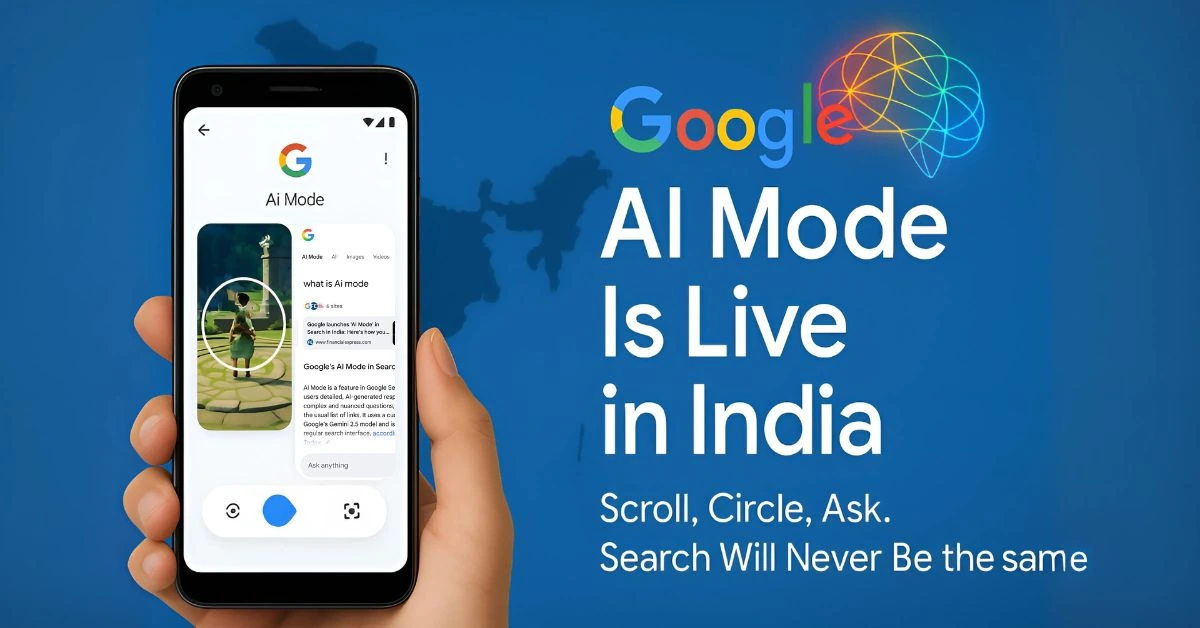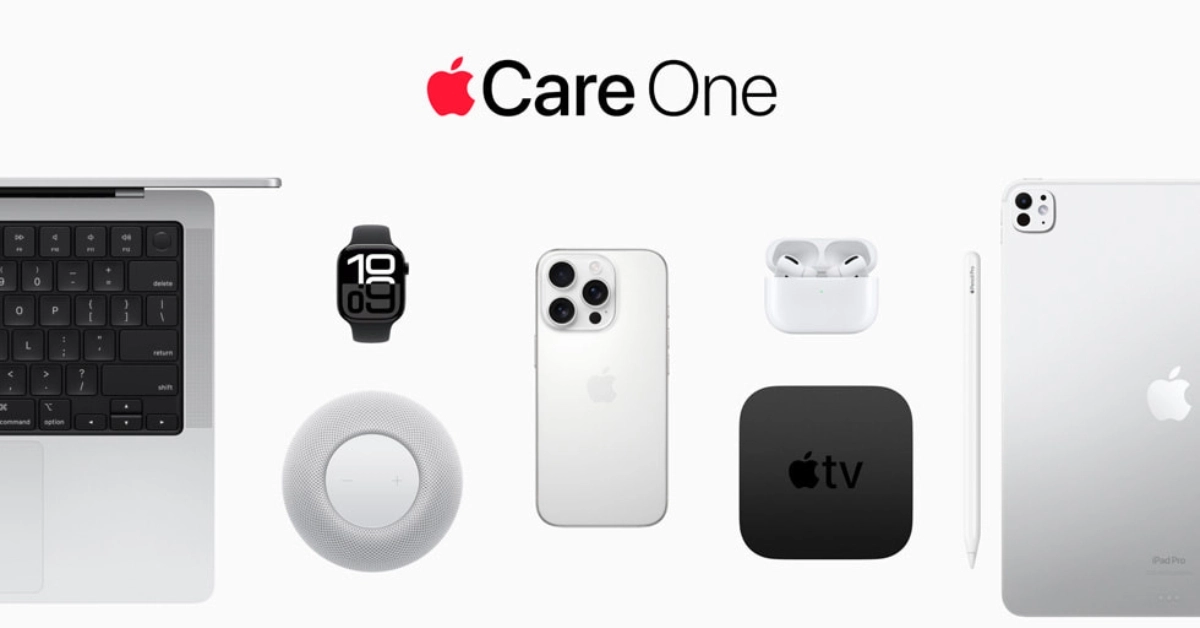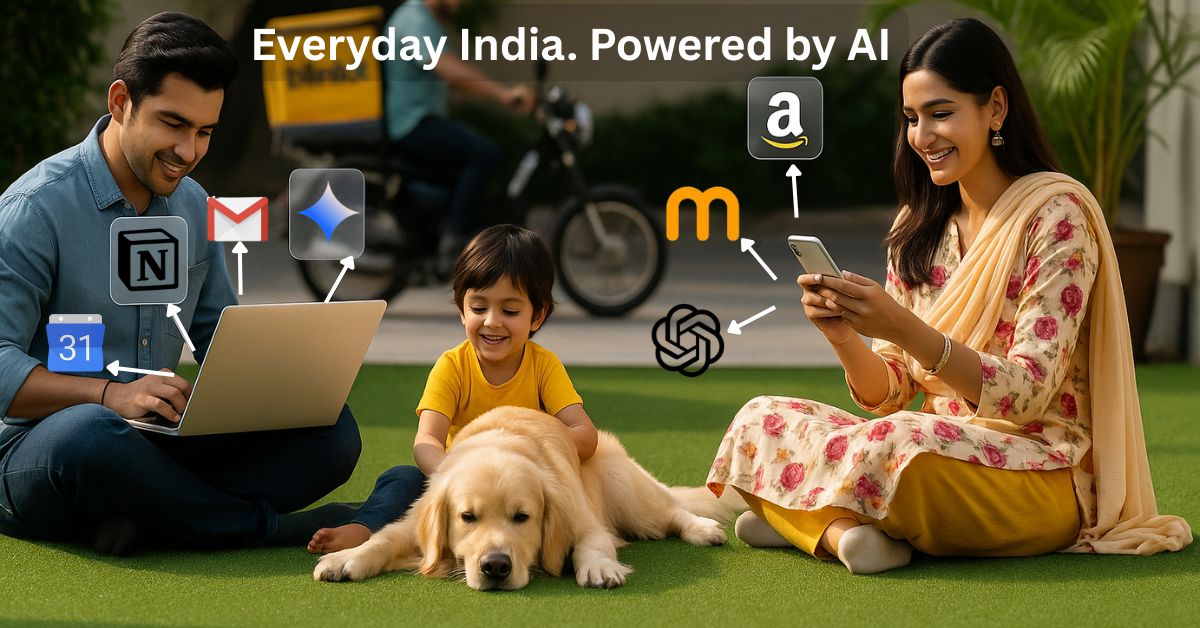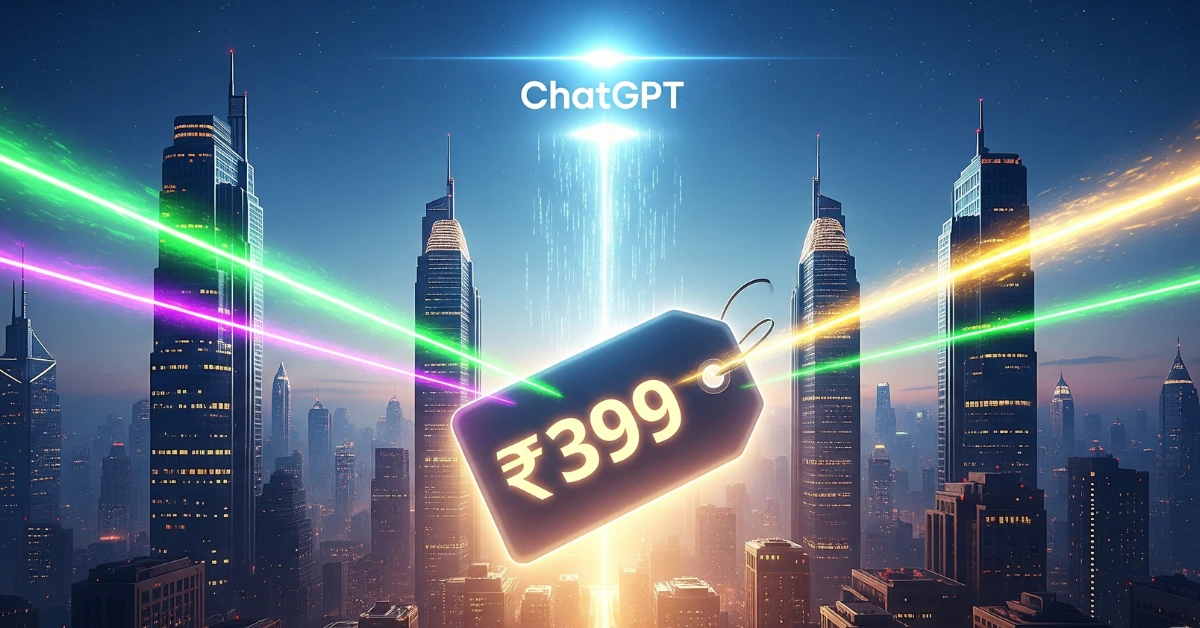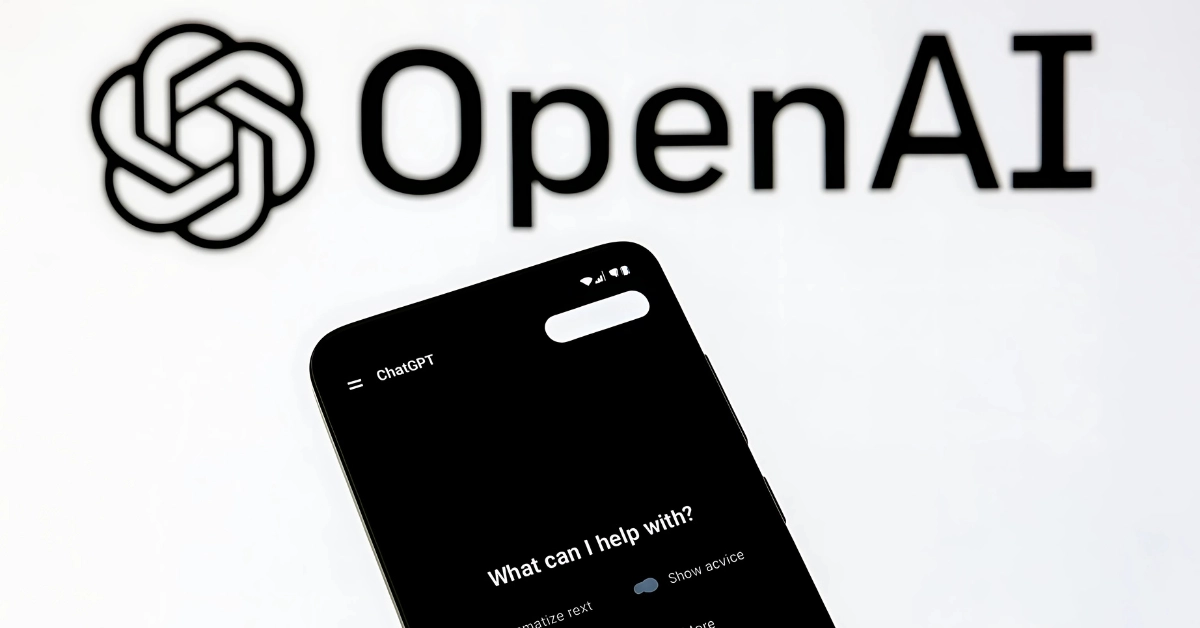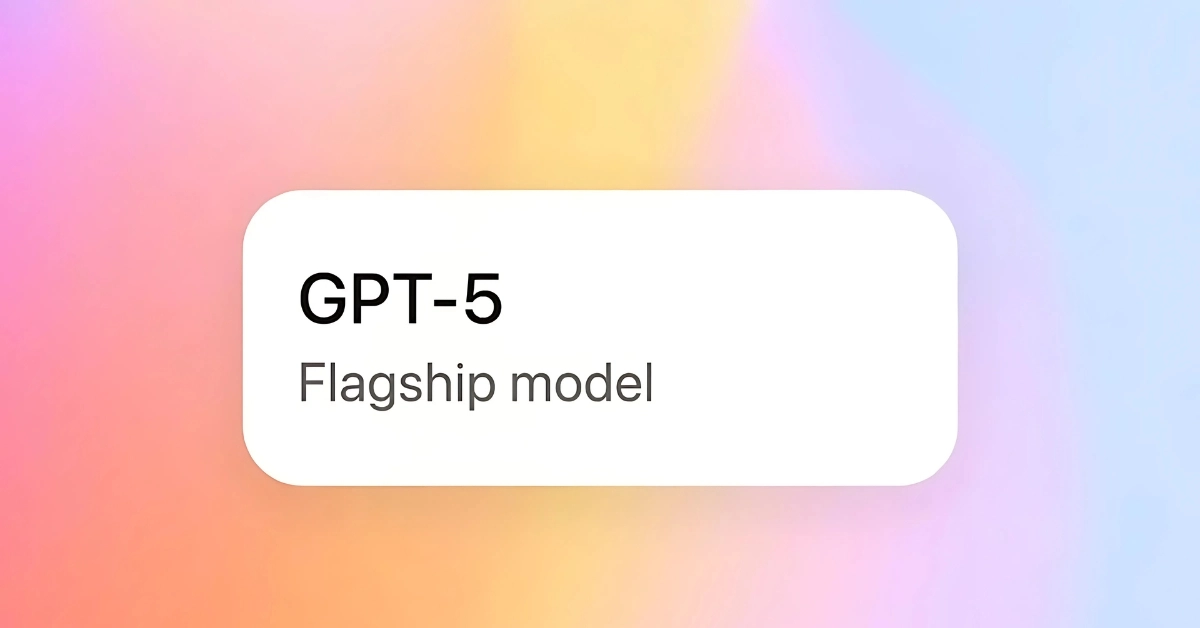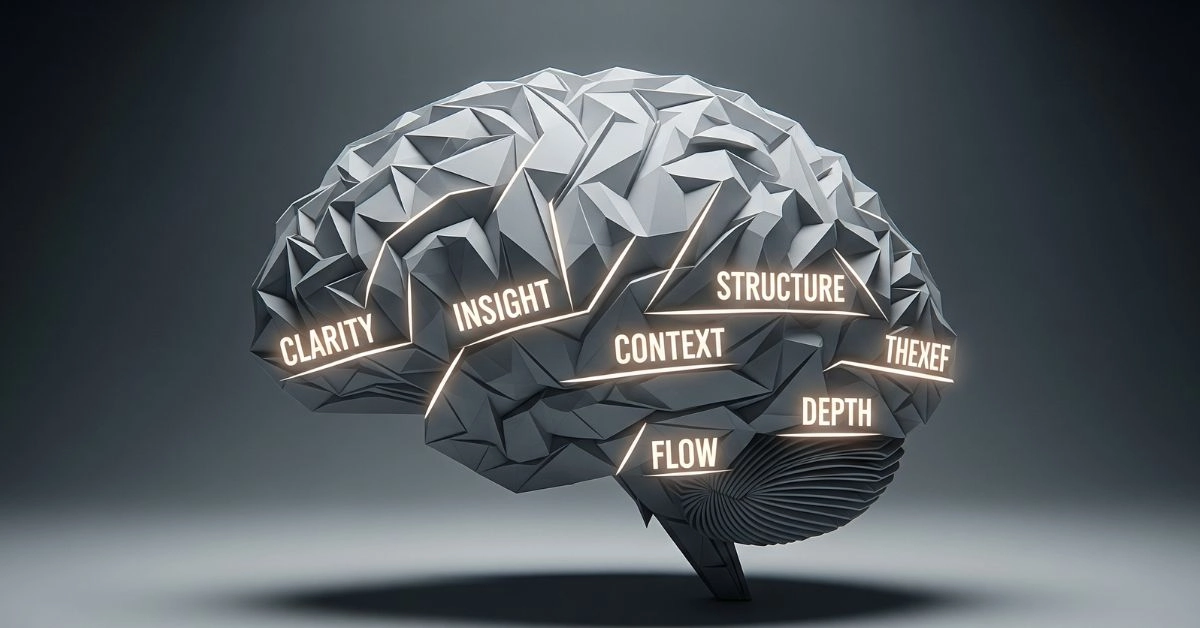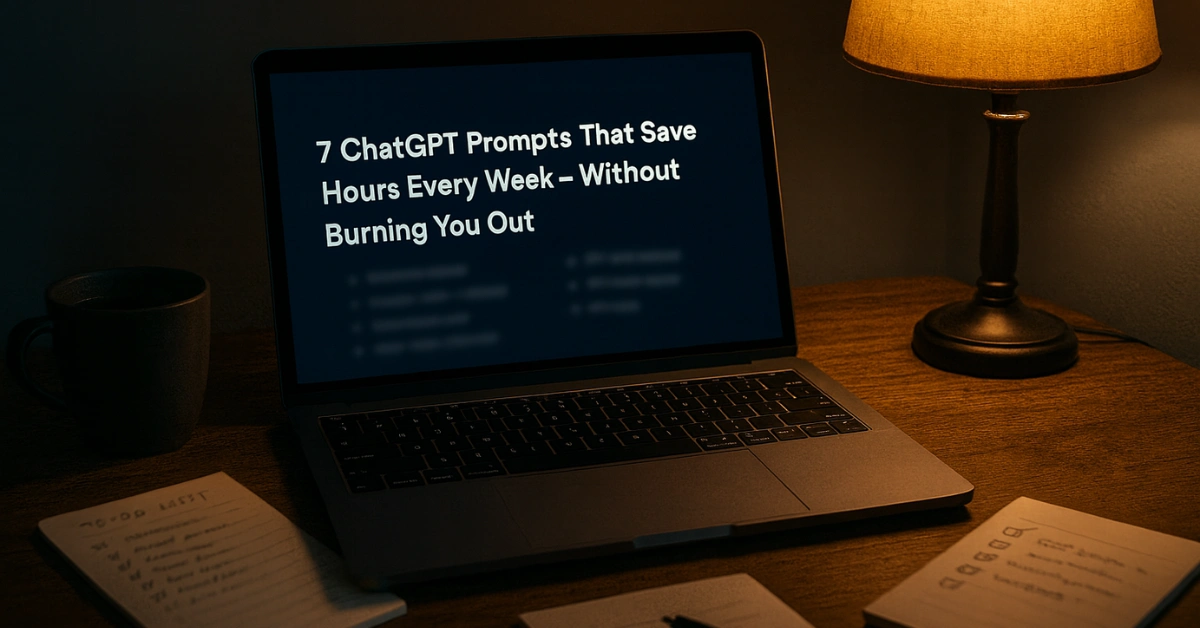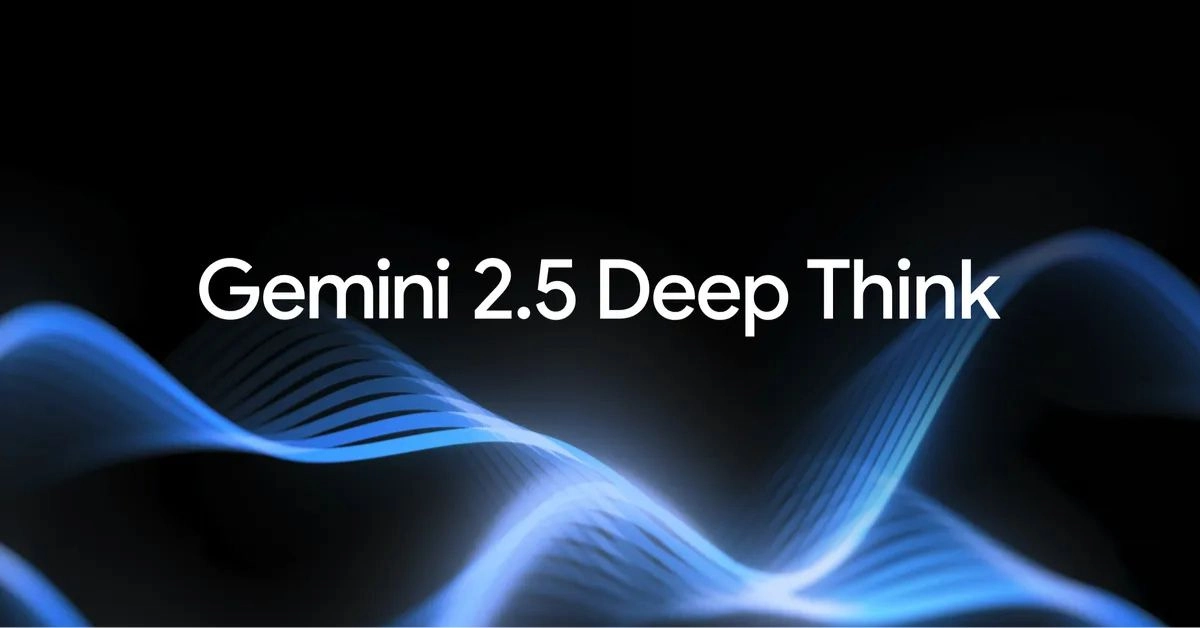Written by Mohit Singhania | Updated: July 22, 2025 | TechMasala.in
This Isn’t Just About Prompts. It’s a New Habit.
ChatGPT now clocks more than 2.5 billion prompts every single day. That’s not just another milestone in OpenAI’s press kit. That’s behavior change at a global level.
A year ago, this tool was still being seen as a smart toy for coders, students, and curious minds. Fast forward to today, and it’s become an everyday ritual. From creating grocery lists to rewriting investor decks, ChatGPT has quietly moved into the space once owned by Google and Excel and maybe even your smartest colleague.
More than 330 million of those prompts are coming from the US. But the growth is everywhere — across classrooms in Delhi, agencies in Warsaw, and home offices in Nairobi. The scale has shifted, and with it, the stakes.
Google Still Leads in Volume. But That’s Not the Whole Story.
Let’s get one thing clear. Google still processes far more queries daily, somewhere between 13.7 and 16.4 billion searches depending on who you ask. That’s still the biggest information funnel the world has ever seen.
But here’s the twist. ChatGPT jumped from 1 billion to 2.5 billion prompts a day in just eight months. That’s a 150 percent surge in less than a year. For context, Google didn’t grow that fast even in its golden era.
This isn’t about who wins on numbers today. It’s about how people are starting to ask the internet differently. They’re not just searching. They’re conversing. And that has very different implications.
People Aren’t Searching for Information. They’re Talking to It.
The real story here isn’t how many prompts ChatGPT handles. It’s how people are using it.
Google gives you 10 blue links. ChatGPT gives you a straight answer, a script, a poem, or a strategy deck — whatever you asked for. It’s not search as we knew it. It’s a shift from retrieval to generation.
And now, with OpenAI rolling out ChatGPT Agent, and reports of an AI-powered browser just around the corner, the platform is moving beyond text answers. It’s starting to take actions on your behalf.
That’s not just helpful. That’s infrastructure level tech. When AI starts to operate like a digital assistant that opens files, clicks buttons, and completes tasks, it stops being a search engine alternative. It becomes something else entirely.
This Growth Isn’t Just Impressive. It’s Strategic.
OpenAI isn’t growing blindly. Every move seems calculated to build a full stack AI ecosystem.
The GPT-4o model added real-time voice, vision, and emotion-aware interactions. The agent update brought OS level control. The rumored browser might be the final puzzle piece, turning prompts into a full blown web experience.
So what you’re seeing isn’t just volume. It’s vertical integration. And the more people get used to this chat-based interface, the less they go back to typing fragmented keywords into a search bar.
This Is Also a Moment of Reckoning
Let’s not romanticize this too quickly. With great usage comes great mess.
We’re already seeing AI-generated misinformation on the rise. Hallucinated facts. Biases baked into answers. And the looming risk of overdependence on a platform that answers confidently even when it’s wrong.
And let’s not forget, OpenAI, despite its nonprofit roots, is now effectively an arm of Microsoft. Billions of queries flowing into one commercial system with massive influence over how we think, learn, and act. That’s not a footnote. That’s a frontline issue in the next era of digital ethics.
Final Thought: We’re Not Just Watching Tech Grow. We’re Watching Behavior Change.
In 2005, people typed keywords into a box. In 2025, they talk to a model.
That may sound subtle, but it’s not. It’s a fundamental rewrite of how we interact with the internet. And with 2.5 billion prompts a day, ChatGPT has made it clear this isn’t a fad.
The next billion questions won’t be typed into a search bar. They’ll be whispered to an assistant, described in vague thoughts, or dropped as prompts into a generative AI system that tries to think before you finish your sentence.
Google’s not going anywhere. But the center of gravity is shifting. And OpenAI just pulled it closer.

